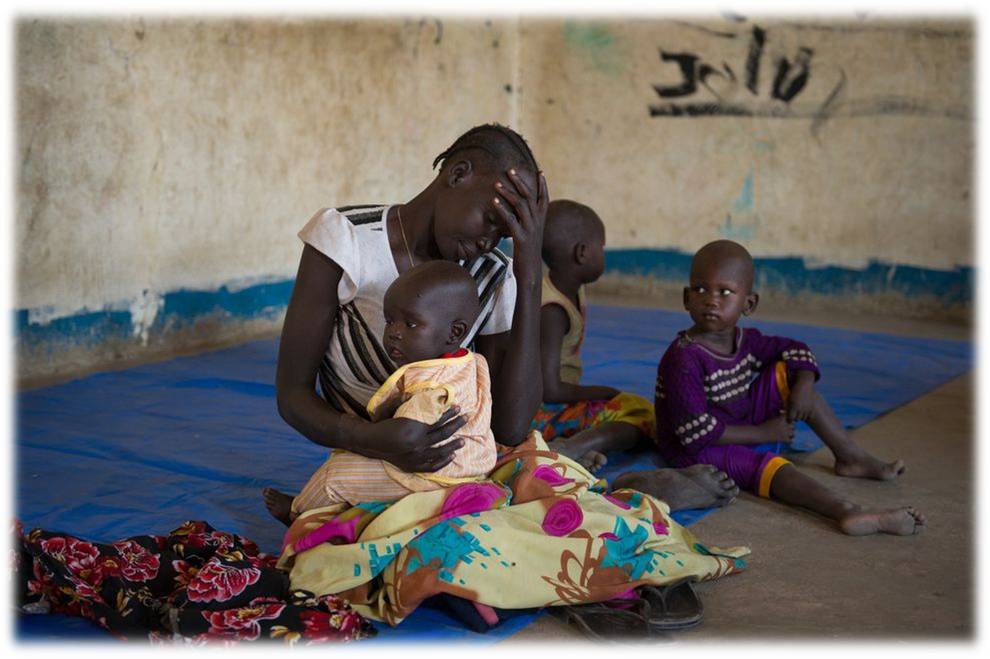Sexual and Gender-Based Violence and a lack of gender equity continue to be a major development challenge and human rights issue South Sudan. A complex interplay of factors drives violence in the post-conflict nation of South Sudan including negative practices in traditional gender and social norms, weak community sanctions against perpetrators with a limited functional capacity of judicial and law enforcement authorities.
 The National GBV Sub-Cluster of which SSWEN is a member has highlighted the need for more SGBV programming and initiatives to address the myriad of issues and consequences of sexual violence. High levels of sexual violence have resulted in forced and child marriage, girl compensation, rape, trafficking of women for forced labor, child abuse in schools, and commercial sex is widespread in which sex workers are imprisoned on an arbitrary arrest. Women and girls in rural areas face additional challenges and high levels of risk due to limited access to hospitals, counseling services and police and court authorities.
The National GBV Sub-Cluster of which SSWEN is a member has highlighted the need for more SGBV programming and initiatives to address the myriad of issues and consequences of sexual violence. High levels of sexual violence have resulted in forced and child marriage, girl compensation, rape, trafficking of women for forced labor, child abuse in schools, and commercial sex is widespread in which sex workers are imprisoned on an arbitrary arrest. Women and girls in rural areas face additional challenges and high levels of risk due to limited access to hospitals, counseling services and police and court authorities.
The stigma of rape within the community exacerbates the capacity to report cases of sexual violence and the victim is therefore isolated and discouraged from seeking support and bringing cases to court. The complex issues of security, political environment, human rights and humanitarian challenges such as displacement and protection for the civil population has also resulted in the vulnerability of displaced community and returnees residing in camps and temporary living abodes.
In the light of the above SSWEN intervention has been to create awareness amongst these communities on SGBV and introducing them to existing referral pathways. SSWEN conduct extensive community campaigns and establish what we call “Community Support Networks” that advocate for Zero-Tolerance of SGBV. We work closely with Social Workers who provide victims and survivors with psycho-social support and trauma counseling.